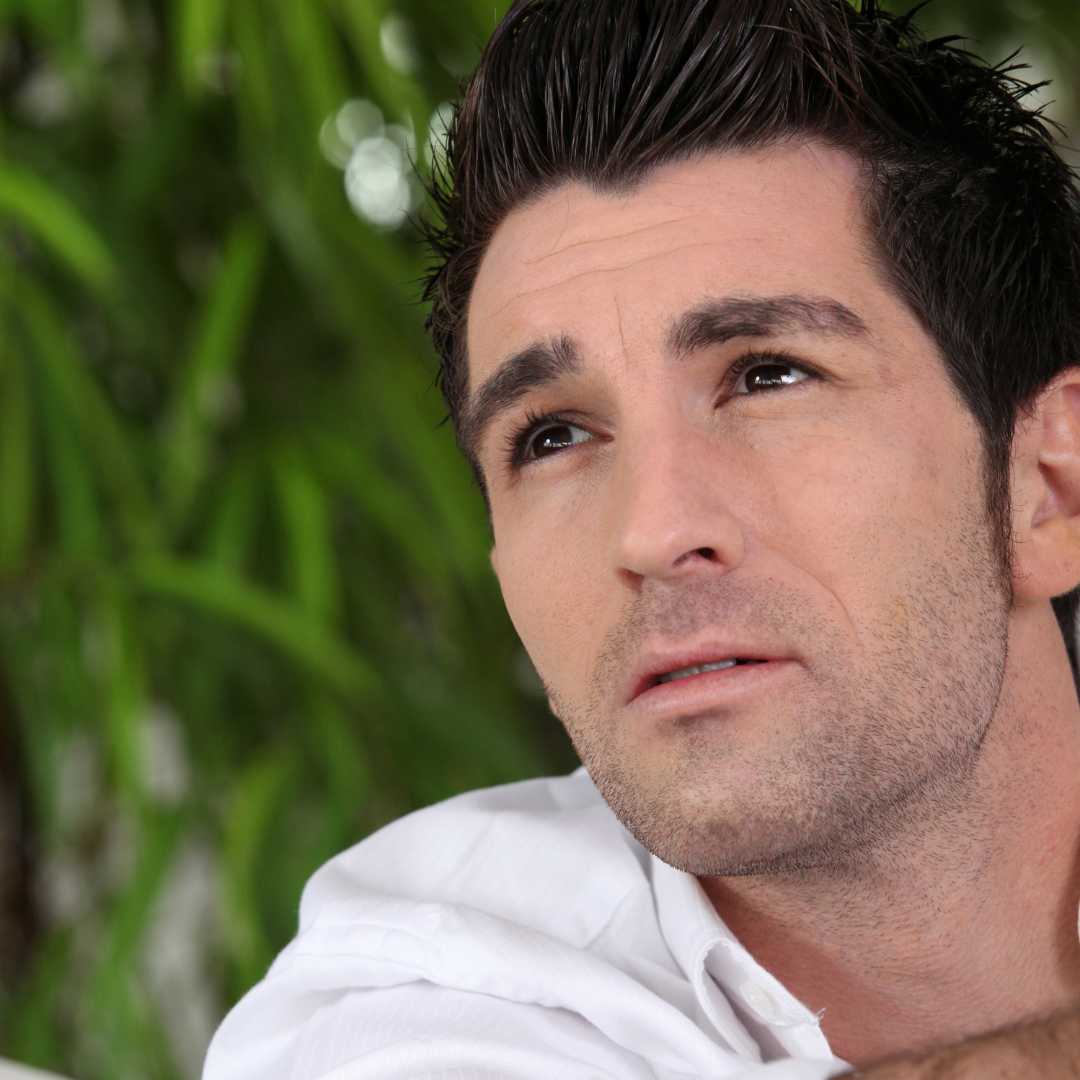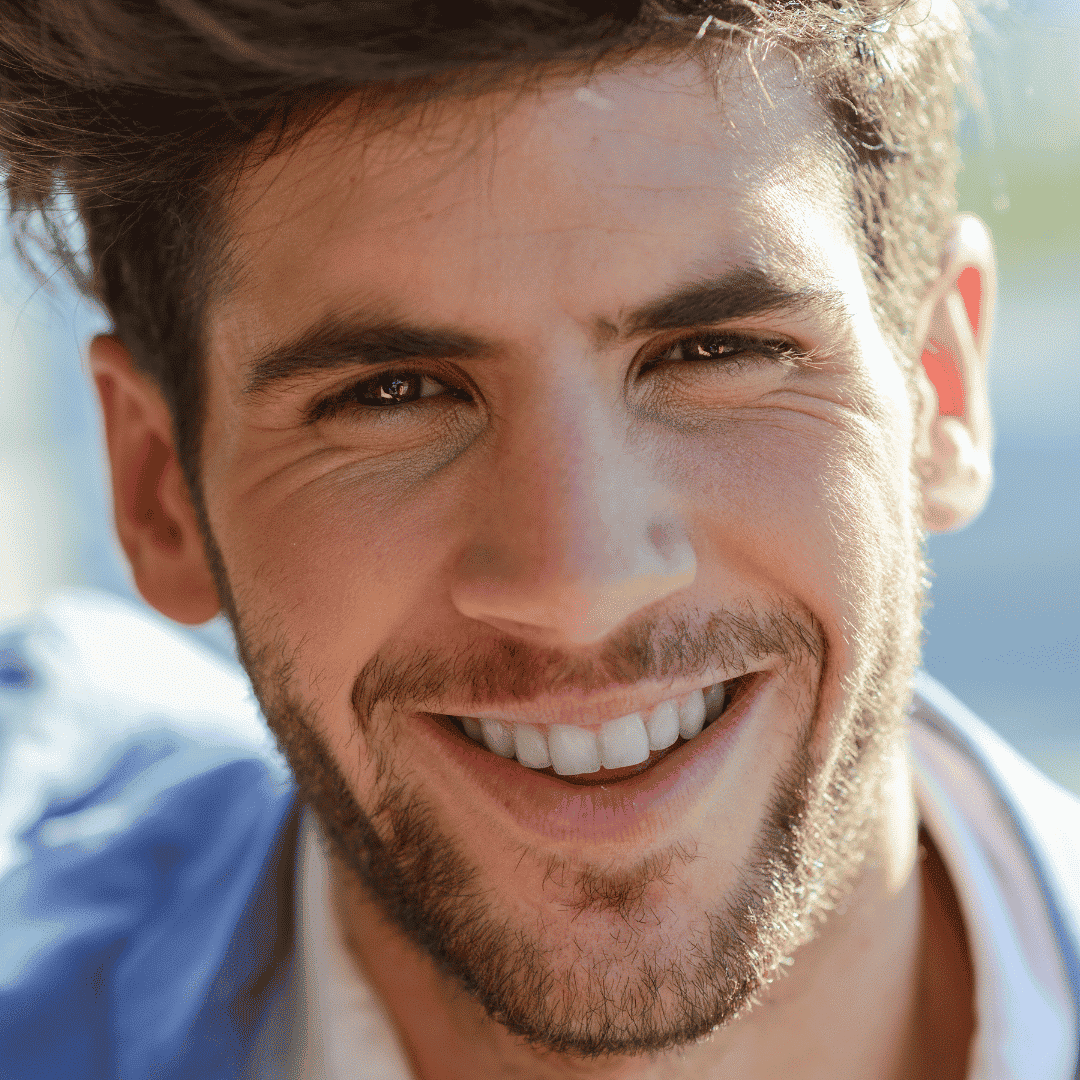Hair Transplant Turkey: FUE, DHI, Costs & What to Expect
Have you ever wondered why so many people are flocking to Turkey for hair transplants? It's a question that comes up frequently in online forums and discussions about medical tourism. The simple answer is that Turkey offers an unbeatable combination of high-quality hair transplant procedures at a fraction of the cost you would find in many Western countries. This has made it a magnet for individuals seeking a permanent solution to hair loss without breaking the bank.
But the story doesn't end with affordability. The country's investment in advanced medical infrastructure, coupled with the expertise of its surgeons, has solidified its reputation as a premier destination for hair restoration. Clinics in cities like Istanbul are equipped with the latest technologies, such as the FUE and DHI methods, ensuring natural-looking and long-lasting results. When you combine this with the allure of a vibrant culture and the famous Turkish hospitality, it's easy to see why Turkey has become synonymous with medical tourism for hair transplants.
In this comprehensive guide, we will delve into all the important questions you might have about getting a hair transplant in Turkey. From understanding the costs and the different techniques available to what to expect during your trip, we will provide you with the detailed information you need to make an informed decision. Our goal is to offer a clear and approachable resource that feels like expert advice, helping you navigate your hair restoration journey with confidence.
What makes Turkey a top choice for hair transplant surgery?
Turkey has strategically positioned itself as a global leader in the medical tourism sector, particularly for hair transplant procedures. The country's ability to offer high-quality treatments at competitive prices is a primary draw for patients worldwide. This is largely due to the lower operational and labor costs compared to North America and Western Europe, allowing clinics to pass these savings on to their clients without compromising on the standard of care.
Furthermore, the Turkish government actively supports the health tourism industry, which has led to significant investments in modernizing medical infrastructure. This has resulted in a large number of internationally accredited hospitals and clinics that are equipped with the latest technology. The surgeons in these facilities are often board-certified and have extensive experience in performing a high volume of hair transplant surgeries, leading to a high level of expertise and refined techniques.
Another significant factor is the comprehensive nature of the services offered. Many Turkish clinics provide all-inclusive hair transplant packages that cover not just the procedure itself but also accommodation in 4 or 5-star hotels, airport transfers, and interpreter services. This holistic approach simplifies the entire process for international patients, providing a seamless and stress-free experience from arrival to departure.
How much does a hair transplant cost in Turkey compared to other countries?
The stark difference in cost is one of the most compelling reasons why patients choose Turkey for their hair transplant needs. This price disparity is not a reflection of lower quality but is primarily influenced by the country's economic factors, including a lower cost of living and favorable exchange rates for foreign currencies. This economic advantage allows Turkish clinics to offer world-class services at a much more accessible price point.
To put it into perspective, the cost per graft in Turkey is often a fraction of what it is in Western countries. This means that for the price of a standard procedure in the US, a patient can often get a more extensive hair transplant in Turkey, along with the added benefits of an all-inclusive package. This value proposition is a major driver of the country's booming medical tourism industry.
Below is a comparative table illustrating the average cost of a hair transplant in Turkey versus other popular destinations:
| Country | Average Cost (USD) |
|---|---|
| Turkey | $2,000 - $5,000 |
| United States | $8,000 - $20,000+ |
| United Kingdom | $7,000 - $15,000+ |
| Germany | $6,000 - $12,000+ |
What are the success rates for hair transplants in Turkey?
The high success rate of hair transplants in Turkey is a testament to the quality of the medical services provided. Reputable clinics in the country consistently achieve excellent results, which is a key factor in their global popularity. This success is not just about the number of grafts that survive but also about achieving a natural-looking hairline and overall aesthetic that satisfies the patient.
Several factors contribute to these high success rates. The use of modern techniques such as Follicular Unit Extraction (FUE) and Direct Hair Implantation (DHI) minimizes scarring and trauma to the scalp, leading to better graft survival and faster recovery. The skill and experience of the surgical team are also crucial. Turkish surgeons, who often specialize exclusively in hair restoration, have honed their abilities through performing thousands of procedures.
Furthermore, the best clinics in Turkey place a strong emphasis on post-operative care and patient follow-up. They provide detailed instructions and support to ensure that the transplanted hair grows successfully. This commitment to long-term results is a hallmark of the high-quality care that patients can expect to receive.
What are the most common hair transplant techniques used in Turkey?
Turkish clinics are at the forefront of hair transplant technology, with a strong preference for minimally invasive and highly effective techniques. The two most widely used methods are FUE and DHI, both of which offer significant advantages over older techniques like Follicular Unit Transplantation (FUT).
- Follicular Unit Extraction (FUE): This is the gold standard in hair transplantation. It involves extracting individual hair follicles from a donor area (usually the back of the head) and implanting them into the balding areas. FUE is known for its natural-looking results, minimal scarring, and quicker recovery time compared to FUT.
- Sapphire FUE: This is an advanced version of the FUE technique where the incisions in the recipient area are made with blades made from sapphire, a precious gemstone. These blades are sharper and create finer channels, which can lead to less tissue damage, reduced scabbing, and potentially denser hair growth.
- Direct Hair Implantation (DHI): In the DHI technique, a specialized tool called a Choi implanter pen is used to extract and implant the hair follicles simultaneously. This method allows for precise control over the angle, depth, and direction of implantation, which can result in a very natural-looking hairline. It also minimizes the time the grafts spend outside the body, which may improve their survival rate.
The choice of technique will depend on the individual patient's needs, the extent of their hair loss, and the recommendation of the surgeon. A thorough consultation will determine the most suitable approach for achieving the desired results.
What are the qualifications of hair transplant surgeons in Turkey?
The quality and qualifications of the surgeons are a critical aspect of why Turkey is a trusted destination for hair transplants. The best clinics employ surgeons who have dedicated their careers to the art and science of hair restoration. Many of these professionals have received training in Europe or the United States and are members of international organizations such as the International Society of Hair Restoration Surgery (ISHRS).
To practice in Turkey, all medical professionals must be licensed by the Ministry of Health, which enforces rigorous standards for medical education and practice. This regulatory oversight helps to ensure patient safety and the quality of care. When choosing a clinic, it is important to research the credentials and experience of the surgeon who will be performing your procedure.
A reputable clinic will be transparent about the qualifications of their medical team and will often provide detailed profiles of their surgeons on their website. Reading patient reviews and looking at before-and-after photos can also provide valuable insights into a surgeon's skill and the quality of their work.
What is included in an all-inclusive hair transplant package in Turkey?
The concept of all-inclusive packages is a major convenience for international patients traveling to Turkey for a hair transplant. These packages are designed to provide a hassle-free experience, with all the essential arrangements taken care of. This allows patients to focus on their procedure and recovery without the stress of planning logistics in a foreign country.
While the specifics can vary between clinics, a typical all-inclusive package will usually cover:
- The Hair Transplant Procedure: This includes the surgeon's fees, the use of the operating room, and all necessary medical supplies.
- Accommodation: Several nights' stay in a comfortable and conveniently located hotel.
- Transportation: VIP transfers between the airport, the hotel, and the clinic.
- Language Support: The services of an interpreter to facilitate communication with the medical staff.
- Post-Operative Care: A kit containing essential medications, special shampoos, and lotions for aftercare.
- Consultations: Pre-operative and post-operative consultations with the surgeon.
It is important to carefully review the details of any package to understand exactly what is included and what might be considered an extra cost. However, the comprehensive nature of these packages is a significant reason why Turkey is so popular for hair transplant medical tourism.
What is the recovery process like after a hair transplant in Turkey?
The recovery process following a hair transplant is a crucial phase that requires patience and adherence to the surgeon's instructions. Immediately after the procedure, you can expect some mild swelling, redness, and scabbing in both the donor and recipient areas. The clinic will provide you with detailed aftercare instructions to manage these symptoms and ensure proper healing.
Here is a general timeline of what to expect during the recovery period:
- First Few Days: You will likely need to rest and avoid touching or scratching the treated areas. The clinic will usually perform the first wash of your hair a day or two after the surgery.
- First Two Weeks: The scabs will start to fall off, and any redness will begin to subside. It is important to be gentle with your scalp during this time and avoid strenuous exercise, swimming, and direct sun exposure.
- One to Three Months: It is normal for the transplanted hairs to fall out during this period. This is a natural part of the hair growth cycle and is not a cause for concern.
- Three to Six Months: You will start to see new hair growth in the transplanted areas. The new hairs may initially be fine but will gradually become thicker and longer.
- Nine to Twelve Months: The final results of your hair transplant will become apparent. You can expect to see significant improvement in hair density and coverage.
Throughout the recovery process, it is important to stay in contact with your clinic and follow their guidance. Many reputable clinics in Turkey offer ongoing support and follow-up consultations to monitor your progress.
Are there any risks or potential complications with hair transplants in Turkey?
While hair transplants in Turkey are generally very safe, it is important to be aware of the potential risks and complications, as with any medical procedure. The most common side effects are temporary and include swelling, bruising, and some discomfort in the treated areas. These can usually be managed with medication and by following the post-operative care instructions.
More serious complications, such as infection or significant scarring, are rare, especially when the procedure is performed in a high-quality clinical setting. The key to minimizing risks is to choose a reputable clinic that adheres to strict hygiene and safety protocols. Look for clinics that are accredited by international bodies and have a proven track record of successful procedures.
It is also essential to have a realistic understanding of the potential outcomes. A good surgeon will provide an honest assessment of what can be achieved based on your individual circumstances. Be wary of clinics that make unrealistic promises or pressure you into making a quick decision. Thorough research and careful selection of your clinic and surgeon are the most important steps you can take to ensure a safe and successful hair transplant in Turkey.
Ready to explore your hair restoration options in Turkey? Explore PlacidWay for comprehensive solutions and to connect with leading healthcare providers for your medical tourism journey.










.png)
_imresizer.jpg)
.png)
.png)






Share this listing